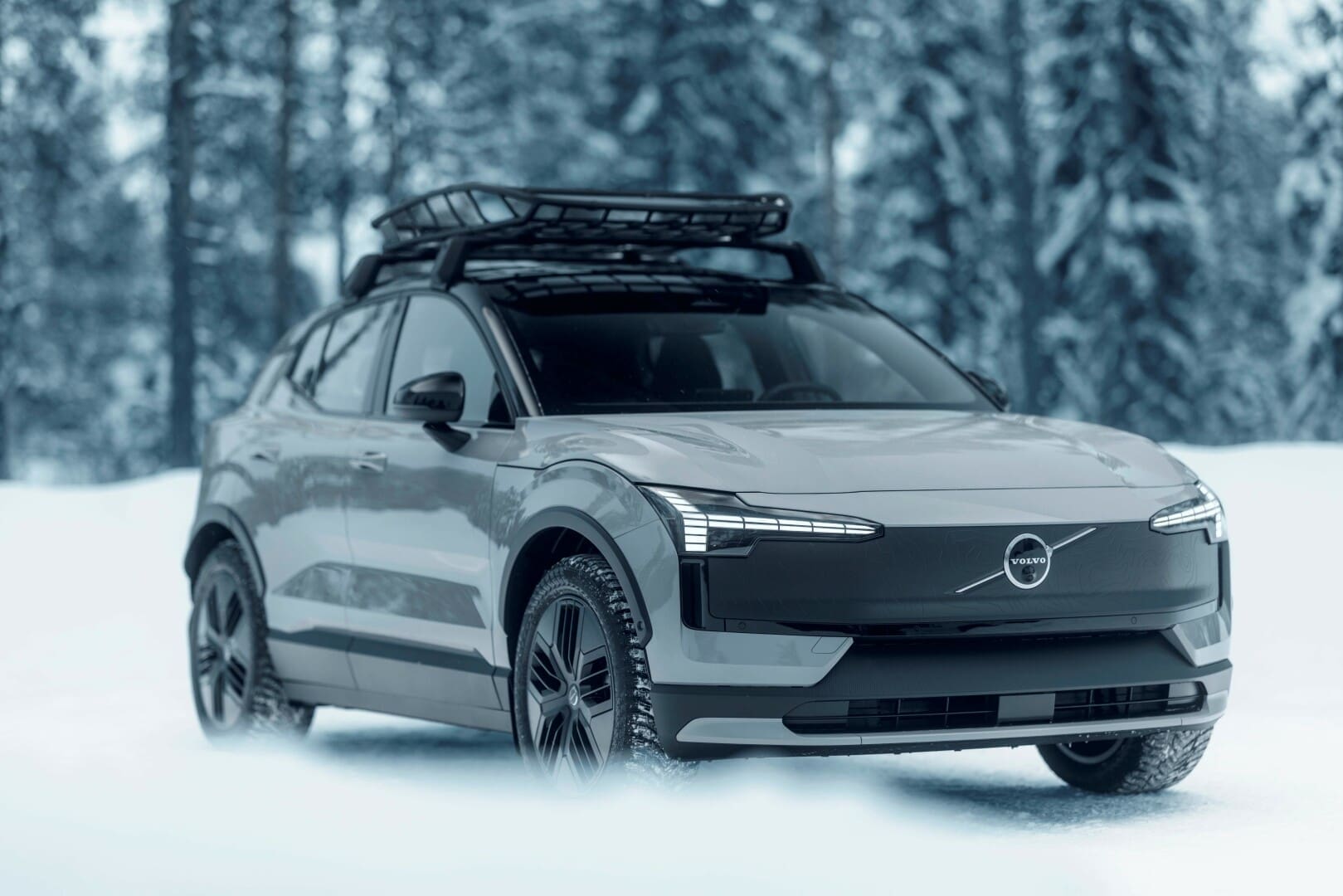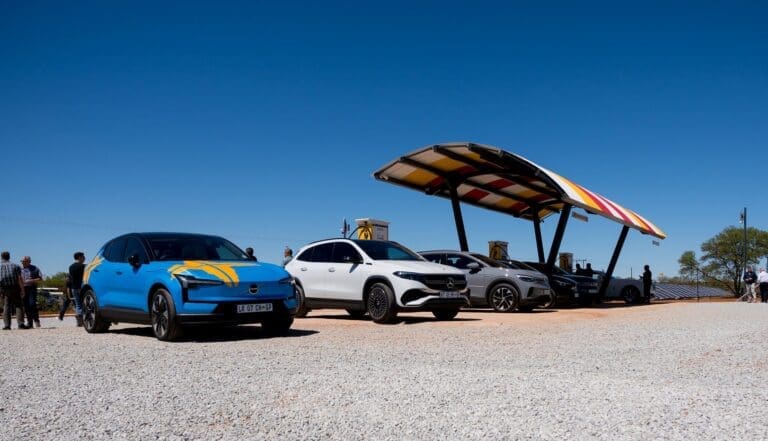Ahead of the 2025 National Association of Automotive Component and Allied Manufacturers (NAACAM) Show, Zero Carbon Charge (CHARGE) has called on the Minister of Trade, Industry and Competition, Parks Tau, to urgently reduce the excessive tax duties on importing electric vehicles (EVs), into South Africa – a critical step to developing and strengthening a viable EV market.
In a formal letter sent to Minister Tau this week, CHARGE stressed that South Africa’s automotive industry cannot afford to ignore the global movement towards EVs.
Currently, imported electric vehicles are subject to a 25% import duty, plus an ad valorem tax that can reach up to 30% depending on the vehicle’s value, while internal combustion engine (ICE) vehicles — including those with high carbon emissions— generally face only an 18% import duty, or 15% if imported under certain trade agreements.
“South Africa’s current EV import duties, which make EVs far more expensive than ICE vehicles, are actively stalling market growth,” said Joubert Roux, Founder of CHARGE.

This import duty has not been opposed or objected to by the current Original Equipment Manufacturers (OEMs) and entrenched industry players who risk doing more harm than good by resisting the inevitable shift and blocking practical measures to stimulate EV adoption.
Europe’s looming ban on ICE vehicle sales by 2035, which will fundamentally reshape export markets for South African vehicles, as well as The Climate Change Act (Act 22 of 2024) and the strict penalties that it will carry if not acted on soon – are serious threats to our economy if not taken seriously and acted upon.
The Climate Change Act (Act 22 of 2024) alone is enough to emphasise the urgency at which we must act. This legislation, which will be enforced by as early as 2026, carries serious consequences, with penalties of up to R10 million and/or imprisonment for up to 10 years. These measures underscore the urgent need for South Africa to accelerate the migration to eMobility and the rollout of renewably powered EV charging infrastructure to ensure compliance and avoid severe legal and financial repercussions.
Without immediate tariff relief, South Africa risks not only losing competitive ground to global markets but will also leave its logistics and transport sectors dangerously unprepared for upcoming carbon regulations.
Roux further commented: “We cannot say we want to accelerate EV adoption while looking in the rear-view mirror. We need action, accessible EV markets, which will then act as a flywheel to energise the local market and create critical mass for the manufacturing of EV’s and batteries in South Africa. The infrastructure is in place and growing, and support for stimulating an EV ecosystem is urgently required before we fall behind countries such as Morocco, Kenya, and others, where regulations are more welcoming than South Africa.”
CHARGE’s nationwide rollout of 120 off-grid, solar-powered ultra-fast charging stations for passenger – and light commercial EVs demonstrates that infrastructure is not the bottleneck. The company is actively creating an energy-secure, always-on charging network that is independent of the national grid limitations.
“South Africa is at a crossroads,” Roux continued. “We can either take decisive steps now to remove the barriers that prevent EV adoption and grasp this opportunity to become the leading EV player in Africa, or we can watch as our manufacturing, logistics, and energy sectors fall behind global competitors.”
The NAACAM Show, widely regarded as the leading platform for the South African automotive component industry, will spotlight how the country’s supply chain can adapt to global EV trends. CHARGE’s message to the Minister of DTIC is clear: tariff reform is the catalyst for an EV economy, unlocking demand, creating jobs, and laying the groundwork for domestic EV manufacturing.
“The global EV shift is already here,” Roux concluded. “South Africa must choose whether it will lead from the front or be left in the dust.”

